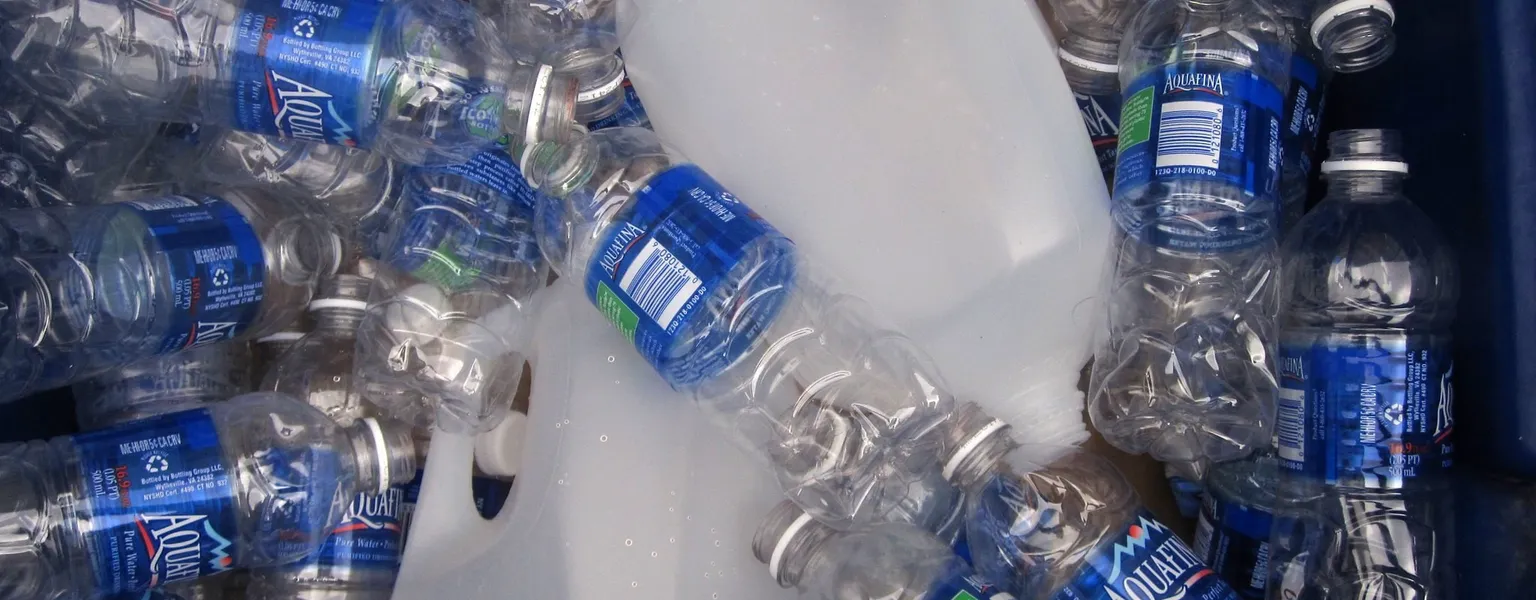Xnext - microplastics among the contaminants of greatest concern to consumers

Supplier News
The 2022 Eurobarometer of Efsa, the European Food Safety Authority, measures the population's perception and concerns in terms of food safety through a survey. Compared to 2019 in many states there are increases in awareness among all consumers. Microplastics are one of the most dangerous foreign bodies according to European consumers.
The 2022 results of the Eurobarometer
The Eurobarometer, commissioned by EFSA, examines Europeans' perceptions of and attitudes towards food safety and provides insights in terms of:
- Europeans' interest in food safety-related topics and factors affecting food-related decisions;
- Awareness of and main concerns about food safety topics, as well as attitudes towards healthy diets and food-related risks;
- Main information channels on food-related risks;
- Levels of trust in different actors from farm to fork;
- Awareness of different aspects of the EU food safety system;
- Behaviour in the area of food safety, using an example of a foodborne disease outbreak.
- Across the EU as a whole, seven in ten respondents (70%) are personally interested in the topic of food safety, in particular the 55% of respondents are most aware of the presence of microplastics inside food products, 7% more of the poll report of 2019. Another 49% of the respondents are also aware of the traces of materials that come into contact with food, e.g. plastic or aluminium in packaging.
The theme of microplastics are particularly important and sensible across the continent and it is the issue whose concern has grown the most in the last 3 years in 24 countries and, in 14 countries it has risen at least by ten percentage points.
The infographic below shows for each EU country how much the concern and importance of paying attention to microplastics in food has grown in percentage terms since 2019.
In all cases it has increased and only in two cases has it decreased, but awareness on average in EU countries increased by 9 per cent.
Microplastics in food
Consumer concerns about microplastics in food are supported both by research and studies and by reports, alerts and recalls of contaminated products.
Infact a research carried out by the University of Newcastle claims that each person unintentionally ingests up to 5 grams of plastic per week, the equivalent of a credit card.
In this context, the mission of every food company is to work to produce ever safer and higher quality food.
To achieve this, attention must first be paid to the quality of raw materials, the efficiency of the supply chain and production process, and the provision of state-of-the-art machinery and equipment.
Inspection systems are a vital tool within a food production line, and equipping yourself with state-of-the-art technology like XSpectra means you can upgrade food safety and ensure safe products for your customers.
Thanks to the multispectral analysis of the x-rays XSpectra is able to obtain much more information on the composition of products and eventually plastic contaminants ensuring a high standard of food safety.
This article was originally published by Xnext.





